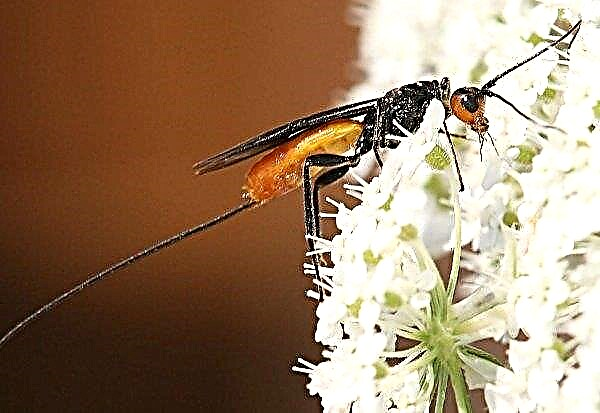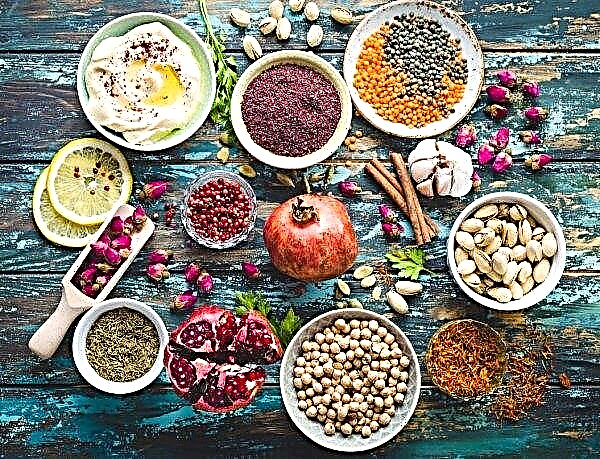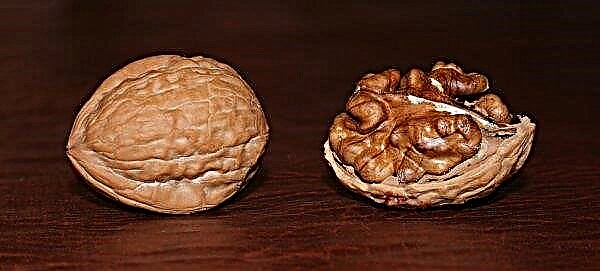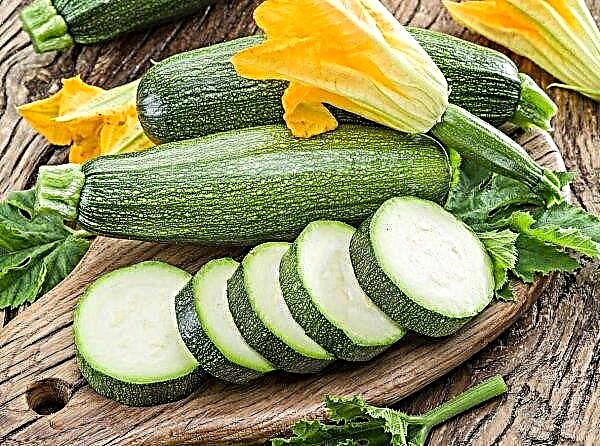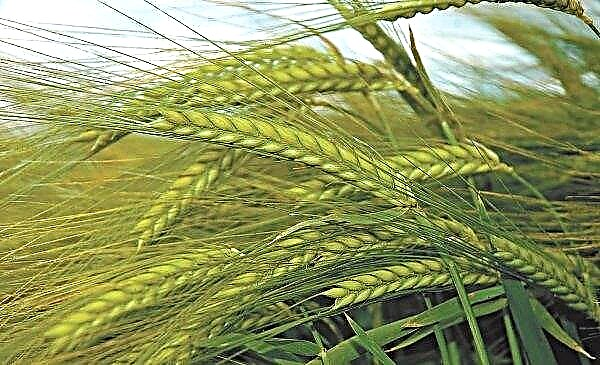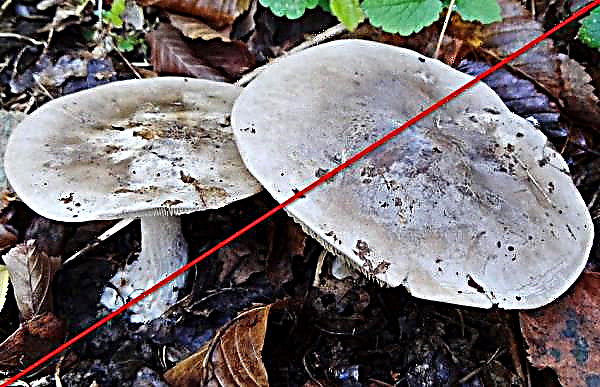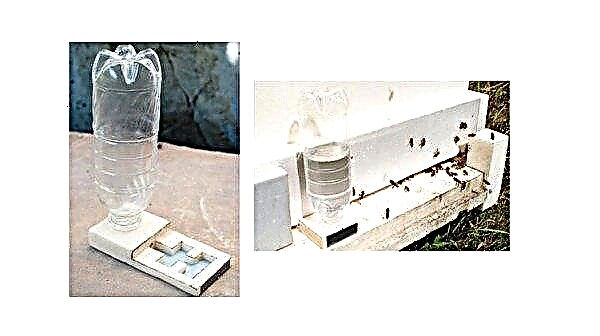Many symptoms of the immunodeficiency virus (HIV) can be alleviated through not only special medicines, but also using folk remedies. In this case, ginger root, which since ancient times has been used by traditional healers for the prevention and treatment of many ailments, has good effectiveness. In what dosages to use ginger for HIV, and when it can harm - further in the article.
Can ginger be used for HIV?
The chemical composition of ginger root is truly a unique product that contains over 400 components valuable to the human body, which have a complex effect on all internal systems. It has an immunostimulating, general strengthening, anti-inflammatory, analgesic, regenerative effect, due to which it is widely used for the treatment of various diseases. In the treatment of folk remedies, the root is often used to maintain the normal state of health of the patient with HIV infection.
It has an immunostimulating, general strengthening, anti-inflammatory, analgesic, regenerative effect, due to which it is widely used for the treatment of various diseases. In the treatment of folk remedies, the root is often used to maintain the normal state of health of the patient with HIV infection.
Important! Spicy spice for HIV should be used strictly dosed, based on the stage of the disease, possible contraindications, the age of the person.
Infection
For three weeks after infection, a person does not feel the symptoms of a dangerous infection, since there are no antibodies to HIV in the blood. However, the period is most favorable for the use of ginger root.

The product makes it possible to strengthen the immune system, increase protective functions. The use of spices at the initial stage of infection provides tremendous stimulating support to the body and provides protection from the harmful effects of external factors.
If infection is suspected, it is recommended that acute spice be added to the diet as soon as possible. The dosage of the spice, the form and frequency of its consumption should be prescribed by a qualified doctor.
Acute stage
It comes three weeks after infection and is characterized by acute deterioration in human health. As a rule, antibodies to infection can be determined in the blood at the time with the help of appropriate laboratory tests, but more often they do not resort to such an analysis, since they suggest other diseases with characteristic symptoms: acute respiratory viral infections, influenza, and allergic reactions.

Any disease in acute form is a contraindication to the use of ginger, since the spice has a pronounced stimulating effect and can only worsen the condition of the patient and aggravate the development of the disease. Taking ginger root in the acute stage of HIV is strictly prohibited.
Important! The acute phase can occur much later, after 3 months, but its symptoms are similar.
Asymptomatic period
After the acute phase is completed, the person’s condition normalizes, and the painful discomfort disappears. Such an asymptomatic period lasts, depending on the state of the patient’s immune system, from 1 month to 5-7 years. At this time, it’s not just possible, but you also need to use ginger root in the form of tea, tinctures, decoctions, seasonings for dishes.

Ginger helps protect the body from the negative effects of external factors, normalizes the functioning of the immune system, improves the functioning of the cardiac and nervous systems, and normalizes the work of all internal organs. However, the main benefit of the product during this period is that it allows you to extend the asymptomatic stage for several years.
Last stage
The last stage is characterized by the appearance of secondary diseases:
A patient may be affected by diseases such as tuberculosis, candidiasis, possibly damage to the lymph nodes with sarcoma. The use of acute spices during this period is advisable in the absence of indications or adverse reactions.
Experts advise taking ginger when coughing, to maintain immunity and protective functions of the body with generalized lymphadenopathy, which is accompanied by loss of appetite and significant weight loss, as well as to improve general health. Do not use the root at elevated body temperature. Uselessness is the use of spices in dementia, the development of oncological processes.
 Many people are afraid of HIV-infected people, fearing infection. However, the virus is not transmitted by kissing, breathing, caressing, coughing, sneezing. The infection is not transmitted by insects, in particular, mosquitoes or mosquitoes.
Many people are afraid of HIV-infected people, fearing infection. However, the virus is not transmitted by kissing, breathing, caressing, coughing, sneezing. The infection is not transmitted by insects, in particular, mosquitoes or mosquitoes.
Contraindications
- The use of ginger root in the immunodeficiency virus has a number of contraindications, which include:
- any disease in the acute stage;
- gastritis, ulcer of the stomach and duodenum, colitis, stomatitis, as the product irritates the mucous membrane;
- high blood pressure of the second and third degree;
- any rashes on the skin;
- fever and fever;
- gallstone disease, cirrhosis, inflammatory processes in the liver and kidneys;
- hepatic and renal failure.
Important! It is strictly forbidden to combine the use of spices and drugs that reduce blood pressure, lower blood glucose in type 2 diabetes, stimulate and regulate the functioning of the heart muscle.
Recipes how to use
Several types of spicy spices are available to domestic consumers:
- Ginger Barbados, or black. The product does not need to be cleaned because it is boiled before being sold.
- Bleached. The root, before sale, is cleaned and soaked in a solution of lime.
- Bengali, or Jamaican. It is considered the most high-quality and useful.
People who test positive for HIV are advised to use Bengal ginger, which is minimally processed.

Immediately before applying the root, it is necessary to prepare it correctly:
- rinse thoroughly under running water;
- thinly peel;
- soak in cold water for an hour.
Such measures will reduce the toxicity of the product if chemical preparations are used during its cultivation or storage.
Did you know? The most reliable method of preventing HIV infection during sex is condom use.
Ginger root is used in various forms: in the form of tea, decoction or infusion, as an additive to dishes and drinks. Traditional medicine offers many recipes based on ginger root, which can strengthen the immune system, improve the patient's condition, reduce pain syndromes:
- Tea. To prepare a healthy drink, apply fresh spice, which is cleaned and ground to a state of gruel. Two tablespoons are poured with a glass of boiling water and insisted for 7-10 minutes. To prepare tea, you can use spice in powder, which is insisted in a thermos for about 2 hours. Tea is consumed 3 times a day for ½ cup.

- Decoction. 5 cm of the root is washed, cleaned and ground on a grater. Porridge is poured with 1 liter of cold water, brought to a boil and simmer over low heat for 10-15 minutes. Filter the drink, add a little honey or lemon juice before use to improve palatability. Drink a drink of ½ cup three times a day, a little warm.

- Ginger broth with hypericum. To prepare the drink mix 1.5 tbsp. l St. John's wort with 1 teaspoon of ginger powder, poured into enameled dishes, pour 200 ml of boiling water. The broth is placed in a water bath and simmered for 30 minutes. Take a drink of 1/3 cup before eating. Fresh broth is prepared every two days.

- Ginger tea with rose hips and raisins. 10 g of raisins are washed, crushed and boiled for 10 minutes. The broth is cooled slightly, filtered. 2 tbsp. rose hips are mixed with 1 tbsp. ginger powder, pour 200 ml of hot water, simmer in a water bath for 30 minutes. Both broths are mixed, and they drink ½ cup three times a day, regardless of food intake.
 The symbiosis of St. John's wort and rosehip enhances the therapeutic effect. St. John's wort improves the digestive system, rosehip is an indispensable source of ascorbic acid.
The symbiosis of St. John's wort and rosehip enhances the therapeutic effect. St. John's wort improves the digestive system, rosehip is an indispensable source of ascorbic acid.
The use of ginger root will help strengthen immunity, improve the condition of the body in HIV patients. However, the product can be used only during the asymptomatic phase, with strict adherence to the dosage, after consulting with a specialist. At the same time, the presence of concomitant ailments is a contraindication to the use of spicy spices.




 The symbiosis of St. John's wort and rosehip enhances the therapeutic effect. St. John's wort improves the digestive system, rosehip is an indispensable source of ascorbic acid.
The symbiosis of St. John's wort and rosehip enhances the therapeutic effect. St. John's wort improves the digestive system, rosehip is an indispensable source of ascorbic acid.